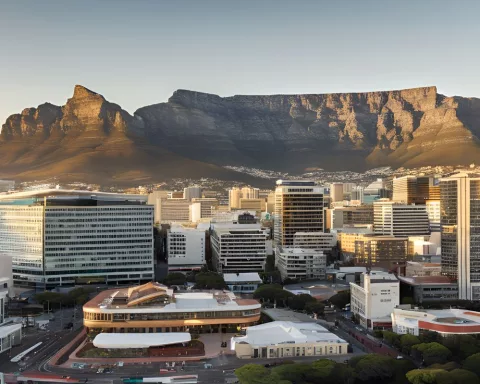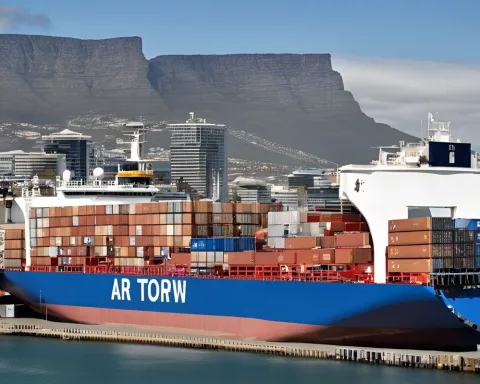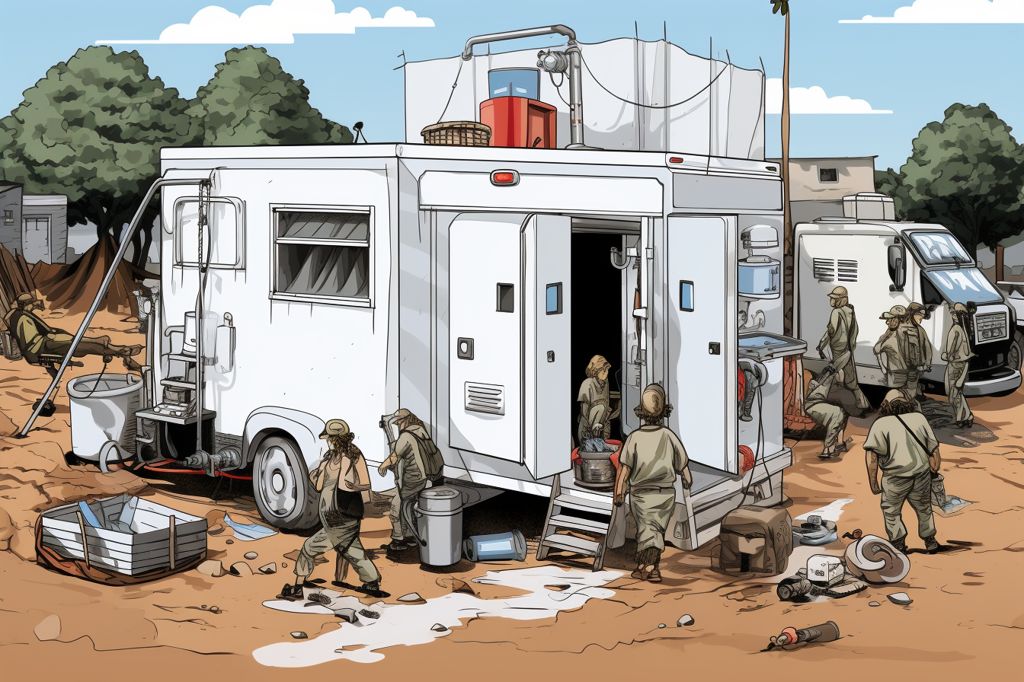The Western Cape Government (WCG) in South Africa is committed to unlocking the full potential of the province’s tourism and hospitality sectors. This mission aims to stimulate economic growth and create job opportunities. One of the key strategies in achieving this goal is to increase the number of flights into the province, particularly from North and West African regions.
Impressive Contributions of International Tourists
In the past year, international tourists visiting the Western Cape contributed R24.3 billion to the local economy, creating 10,600 jobs. This substantial contribution equates to a direct tourist spend of R2.1 million for every 100 international tourists, adding R500,000 to the provincial gross domestic product (GDP) and facilitating the creation of two local jobs. Furthermore, this influx of tourists supports the movement of R1.4 million worth of air cargo.
Direct Air Links to African Destinations
Cape Town and the broader Western Cape have established direct air links to ten new African destinations, including Addis Ababa, Harare, Victoria Falls, Maun, Maputo, Livingstone, Kigali, Nairobi, Manzini, and Lusaka. This expansion has increased the total number of cross-border African destinations served out of Cape Town to 15, operated by 11 different airlines, in addition to the province’s existing global destinations.
Collective Efforts of Cape Town Air Access Team
Minister of Finance and Economic Opportunities, Mireille Wenger, highlighted the collective efforts of the Cape Town Air Access team, powered by Wesgro, in attracting more flights to the Western Cape. She noted that an increase in tourism leads to a corresponding rise in job opportunities. African seat capacity has also shown significant growth, with a compound annual growth rate of 10% from 2015 to 2023, resulting in 555,000 inbound seats compared to 250,000 in 2015.
Importance of Enhancing Air Connectivity
Minister Wenger emphasized the importance of enhancing air connectivity to the rest of the African continent. Improved air links not only boost tourism but also create great opportunities for exporting Western Cape products via air cargo and facilitate easier access for business travel, which can encourage investment into the province. She praised the Cape Town Air Access team for their hard work in promoting tourism and investment in the Western Cape.
Cape Town Air Access Project
The Cape Town Air Access project aims to enhance air connectivity to the Western Cape, increasing international passenger traffic and air freight capacity, thus improving business competitiveness and positioning the region as a global access hub. Wrenelle Stander, CEO of Wesgro and official spokesperson for Cape Town Air Access, emphasized the growing importance of connectivity between Cape Town and the rest of the continent, with passenger numbers showing an 80% year-on-year increase from 2021 to 2022.
Western Cape Government’s Comprehensive Economic Action Plan
Cape Town’s strategic location, combined with its well-connected airport, positions the city as a central player in Africa’s aviation landscape. This facilitates seamless travel and contributes to the continent’s overall development. The Western Cape Government’s comprehensive economic action plan, “Growth for Jobs” (G4J), is dedicated to increasing exports, with tourism being a pivotal component of this strategy. The aim is to achieve breakout economic growth that generates more job opportunities, alleviates poverty, and provides residents with the chances they need to succeed, aligning with the province’s overarching goals.












